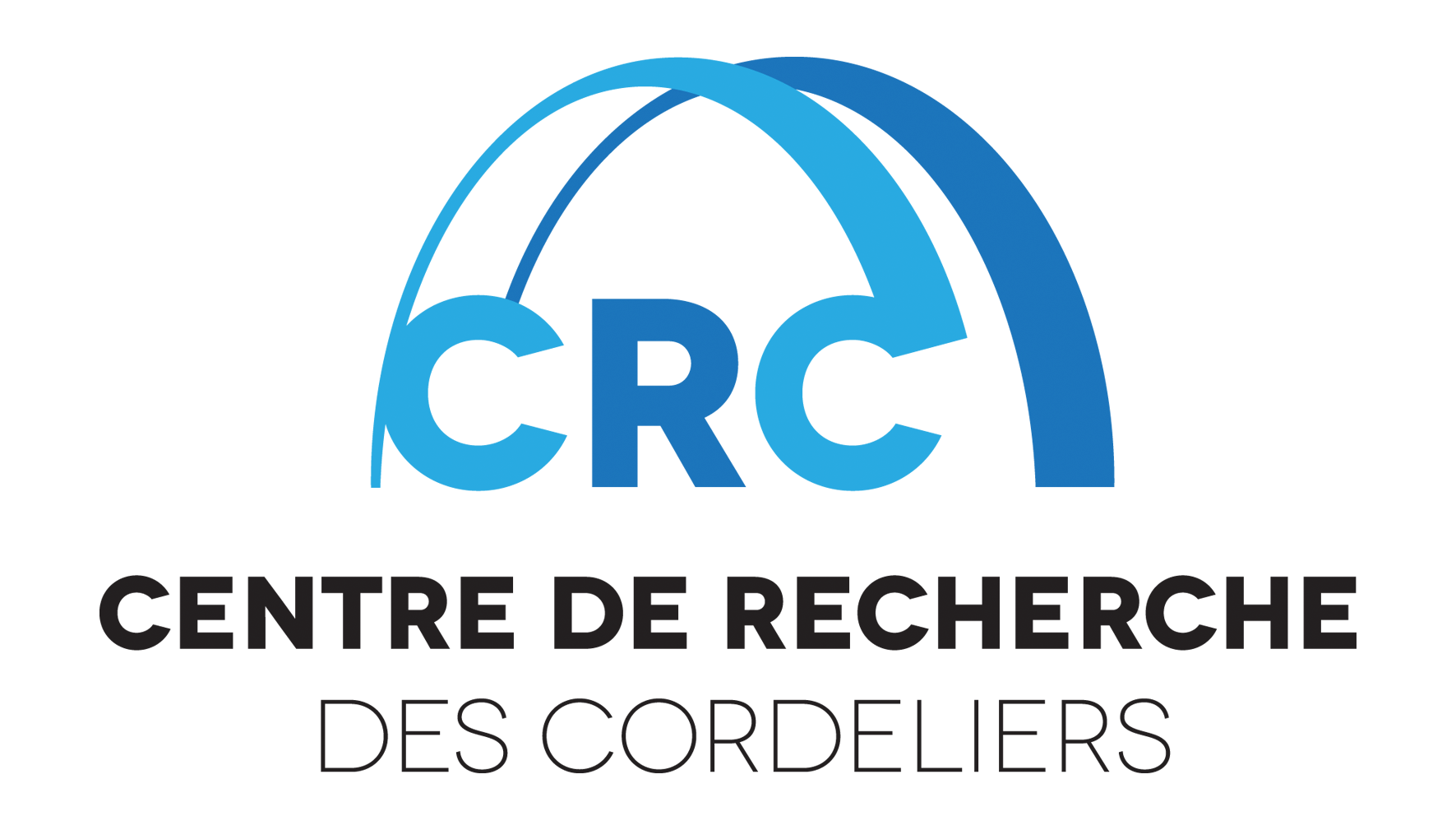Par : Nicolas Merle (CRC, équipe Isabelle Cremer)
Date : jeudi 18 janvier 2024
12:30 - 13:30
Lieu : Amphi Gustave Roussy
Summary:
Cell autonomous complement expression and function emerges as pivotal regulator of immune and non-immune cell biology.
Specifically, CD4 T cell intrinsic engagement of CD46 by TCR stimulation-triggered generation of the CD46 ligand C3b, is required for IFN-γ production.We identified CD109, a GPI anchored C3-like protein and a direct CD46 signaling induced target, for which a direct functional activity on T cells remains unexplored. Human CD4+ T cells lacking CD109 expression displayed significantly augmented IFN-γ and IL-17 production upon in vitro stimulation. Similarly, CD4+ T cells from Cd109–/– mice showed in vitro Th1 and Th17 hyperactivation and caused more severe EAE pathology in vivo. Unexpectedly, T cell CD109 restrains IFN-g and/or IL-17 by binding to and inhibiting the activity of a non-canonical costimulatory molecule linked to Th1/Th17 biology. Guided by modeling and Cryo-EM data, we designed a CD109/costimulatory inhibitory peptide that recapitulates the phenotype observed in CD109-deficient T cells. Together, these data suggest that CD109 serves as an important molecular brake on CD4+ T cells by fine-tuning costimulatory signals upstream of the hyper-inflammatory Th1/Th17 induction pathways.
Besides immune cells, intracellular complement system has proven to be relevant in tumor cells, affecting cancer progression. Despite the ubiquity of C3 expression in neoplastic tissues, the implications of cancer cell autonomous C3 during oncogenesis remain inadequately characterized. Here we show that loss of steady-state, endogenous C3 expression, C3a generation, and C3a receptor engagement in human prostate epithelial cells (PECs) marks a salient transition towards malignancy. This loss of tonic, intrinsic C3a-C3aR engagement releases an oncogenic, PI3Kd-dependent MYC cascade, driving ribosomal biogenesis and altering nucleolar dynamics. We further show that C3 transcript and protein levels are widely suppressed in human prostate cancer tissue. Collectively, these findings ascribe a non-traditional, tumor-suppressor function to cell intrinsic C3 and advocate for dissection of the context-specific roles of complement; a strategy that may inform the development of cancer therapies.
Bio:
Dr. Merle received his Ph.D. in Immunology at the University Paris Descartes in Paris, France, under the supervision of Dr. Lubka Roumenina, investigating the harmful activation of the complement system on kidney endothelium through TLR4 signaling in models of atypical haemolytic uremic syndrome and sickle cell disease.
He then joined the lab of Dr. Claudia Kemper at NIH in 2018 as a Post-Doctoral Visiting Fellow. Dr Merle has focused on the intracellular, non-canonical complement system using CRISPR-Cas9 technology and mouse models of autoimmune disease and viral infection on CD4 T cells, and how intracellular C3 favors prostate cancer cell progression.
Returning to Dr. Lubka Roumenina’s lab, he will investigate the non-canonical functions and interactions of intracellular complement proteins in kidney cancer.
Tous les séminaires
